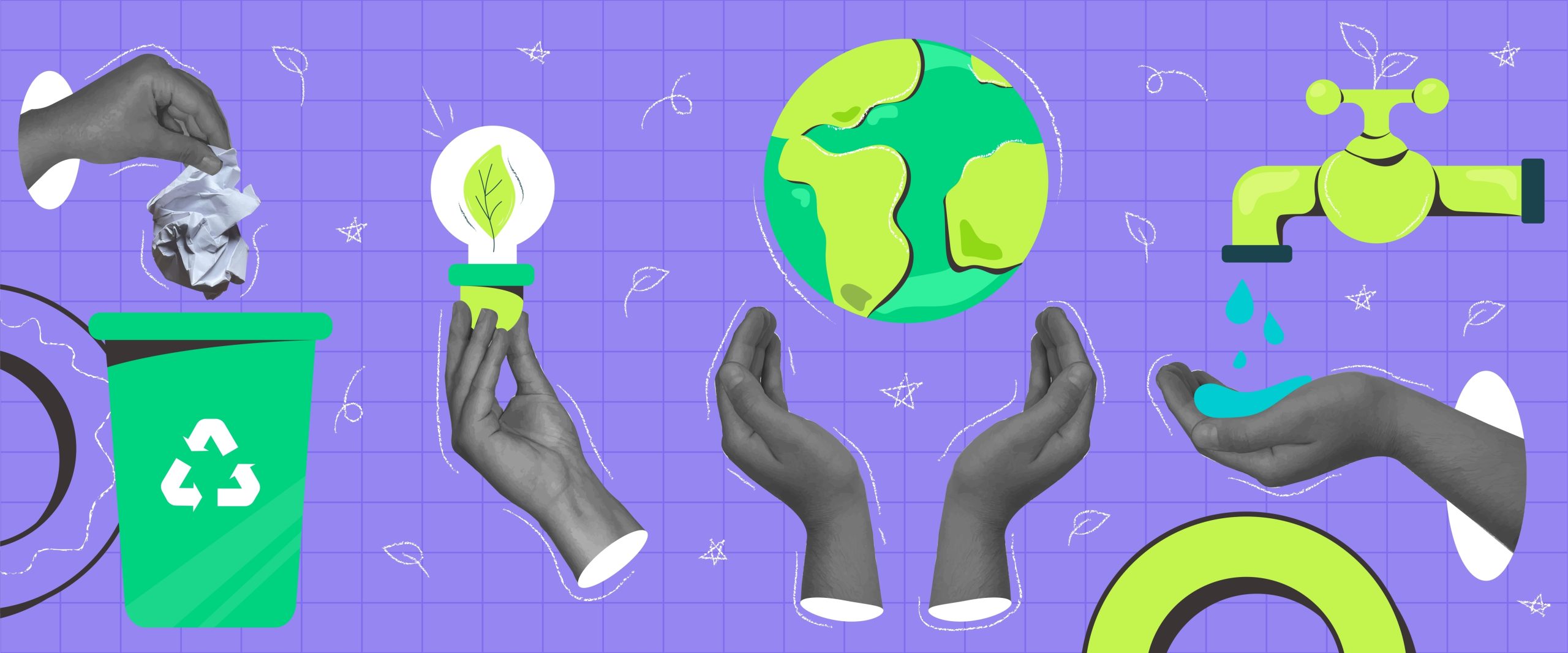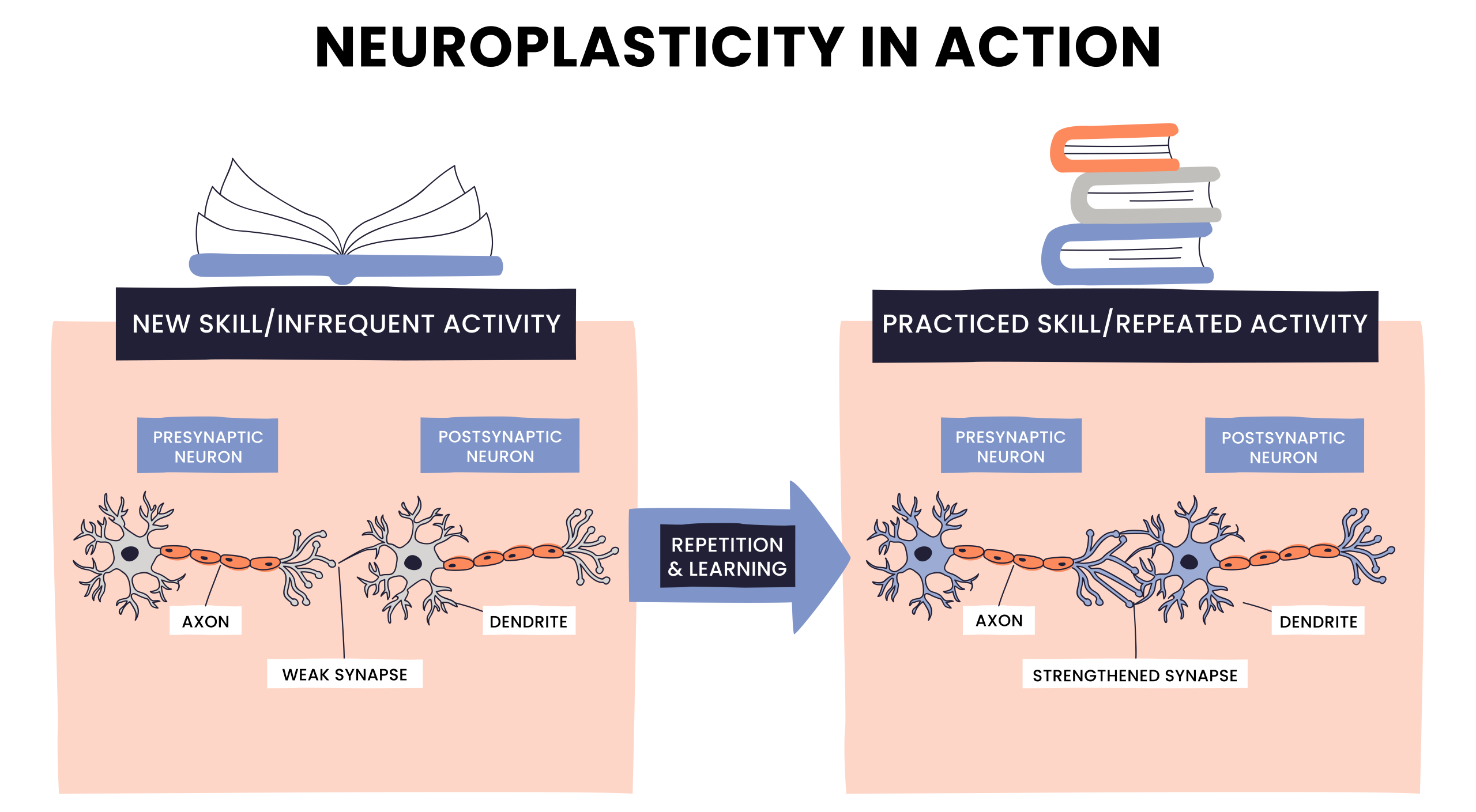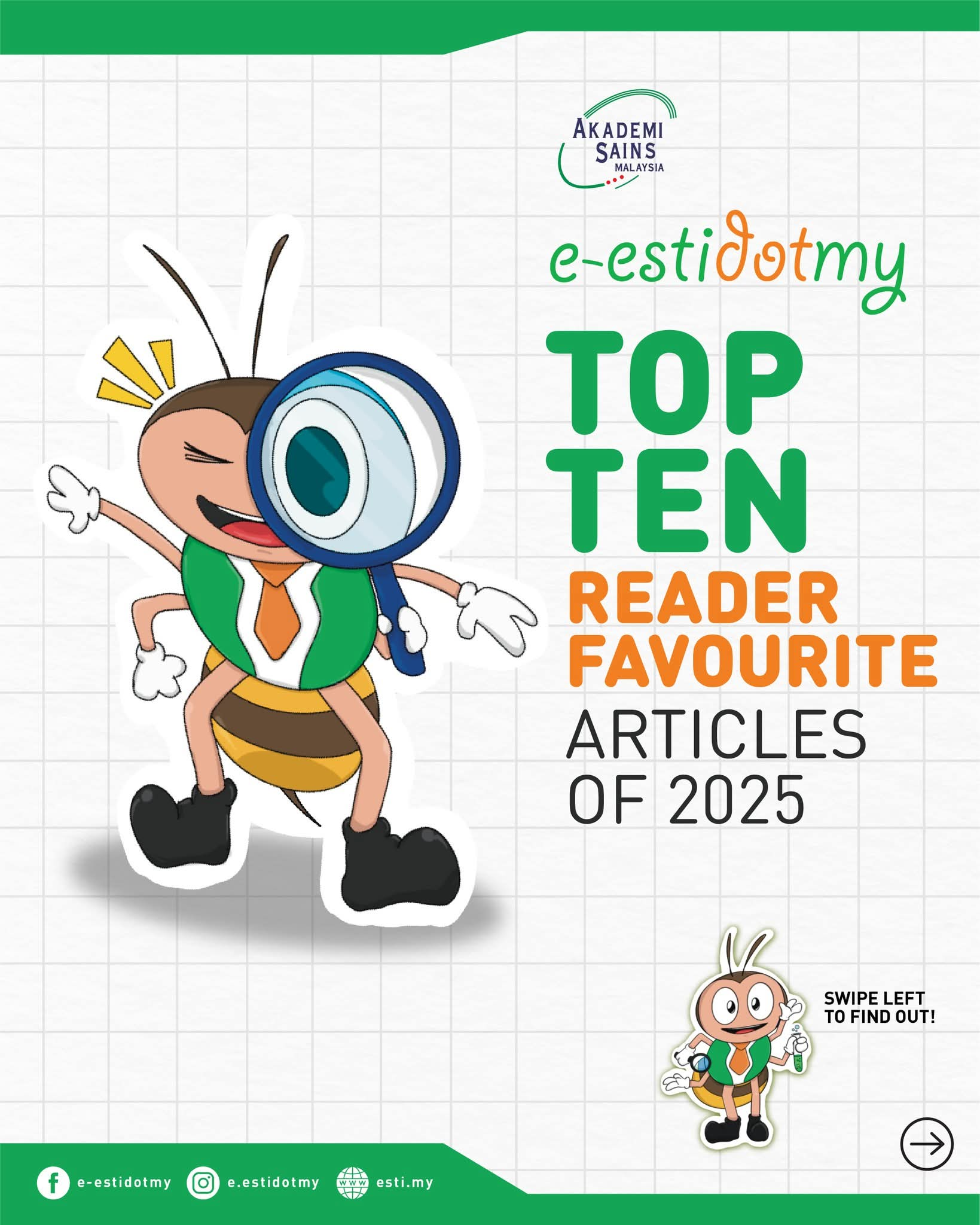When most people hear the term “consulting,” they picture business school graduates generating polished business analysis presentations. However, what many don’t realise is that being a consultant today requires more than just business savvy — it needs deep industry and technical expertise, especially in industries such as healthcare, pharmaceutical, and biotechnology. That’s where people with STEM backgrounds come in.

I did not start my career thinking I would be a consultant. I graduated with a bachelor’s degree in Biotechnology and started my career as a Bioinformatician. I was deeply immersed in research, analysing genomes and building algorithms.
However, as my career progressed, I noticed something. While organisations were producing huge amounts of data, many struggled to leverage that data to improve their operations. That gap sparked my move into consulting.
As a consultant, I advise life sciences organisations across a broad spectrum of topics. As a trained scientist, I was able to provide help to clients in areas such as laboratory operations. I work on laboratory operations projects that include evaluating, optimising and modernising their operations through digital transformation.
In a nutshell, how can the laboratory work more efficiently and effectively, while keeping costs in mind, to produce the best research and/or analytical outcomes?
For example, I work with organisations on digital transformation programs to evaluate and implement digital systems for laboratories, and such systems include:
- Laboratory Information Management Systems (LIMS): Application to track lab samples and data accurately.
- Electronic Lab Notebooks (ELN): A digital tool to replace messy paper notebooks with searchable, shareable digital records.
- Manufacturing Execution Systems (MES): Digital to monitor manufacturing processes in real-time, ensuring everything runs smoothly and safely.
As a consultant, I would partner with our clients to first understand their existing processes and analyse the changes required with the implementation of new systems. It requires understanding how scientists work, what regulations apply, how data flows, and where technology can genuinely make a difference.
The Challenges
When I transitioned from a research and development scientist to a consultant, I faced notable challenges during the transition. Firstly, it was a change in pace. Consulting can be ultra-fast-paced, where results are expected swiftly by the firm you’re working for and the clients that had paid for your work. This change was a stark contrast, as R&D can be a marathon, and it is more tolerable given the nature of research.
Secondly, there is an increased need for business acumen, where an understanding of business and finance is required for business transformation engagements. This is often a skill lacked by most scientists. The ability to tie research outcomes to business outcomes is vital and not easy for a scientist.
STEM Skills That Pay Off
So, what STEM skills have been most useful and helped me in my transition to consulting?
The skills I acquired as a science graduate have enabled me to become a problem solver. Being a problem solver trained me to understand a problem statement and break it down into manageable pieces. Then, the problem can be tackled individually in a structured and methodical manner.
I leveraged my communication and analytical skills heavily in laboratory consulting engagements. With those skills, I evaluated laboratory processes and collaborated with scientists to understand their pain points. These skills support my statement where STEM degrees don’t just teach facts; they teach you how to think. You learn to break down complex problems, analyse data, and build logical solutions — exactly what clients need when navigating complex transformation.
Life sciences industry needs people who understand both the science and the systems. Being able to talk to a laboratory manager about their workflows one moment and an executive about return on investment (ROI) the next is a huge advantage.
Keep Your Options Open
If you’re studying STEM, keep an open mind about your career path. You don’t have to choose between pure research or coding in a dark room forever. The world needs individuals who can combine technical expertise with strategic thinking.
Digital transformation is only getting bigger. Companies need individuals who can help them adapt, innovate, and maximise the value of their data. STEM graduates are uniquely positioned to lead this charge.
Prepared by:
Dr Kenneth Tan Lee Shean




